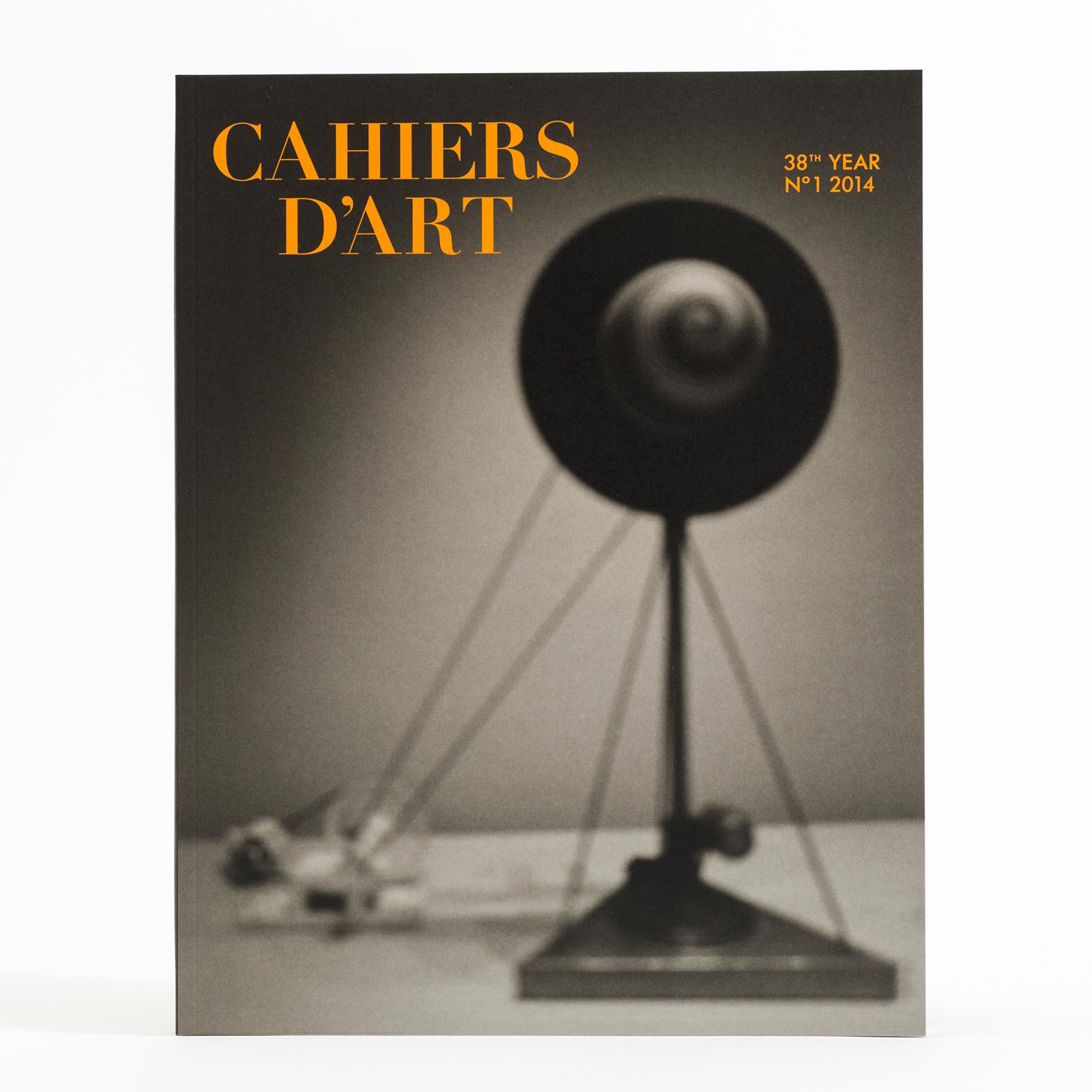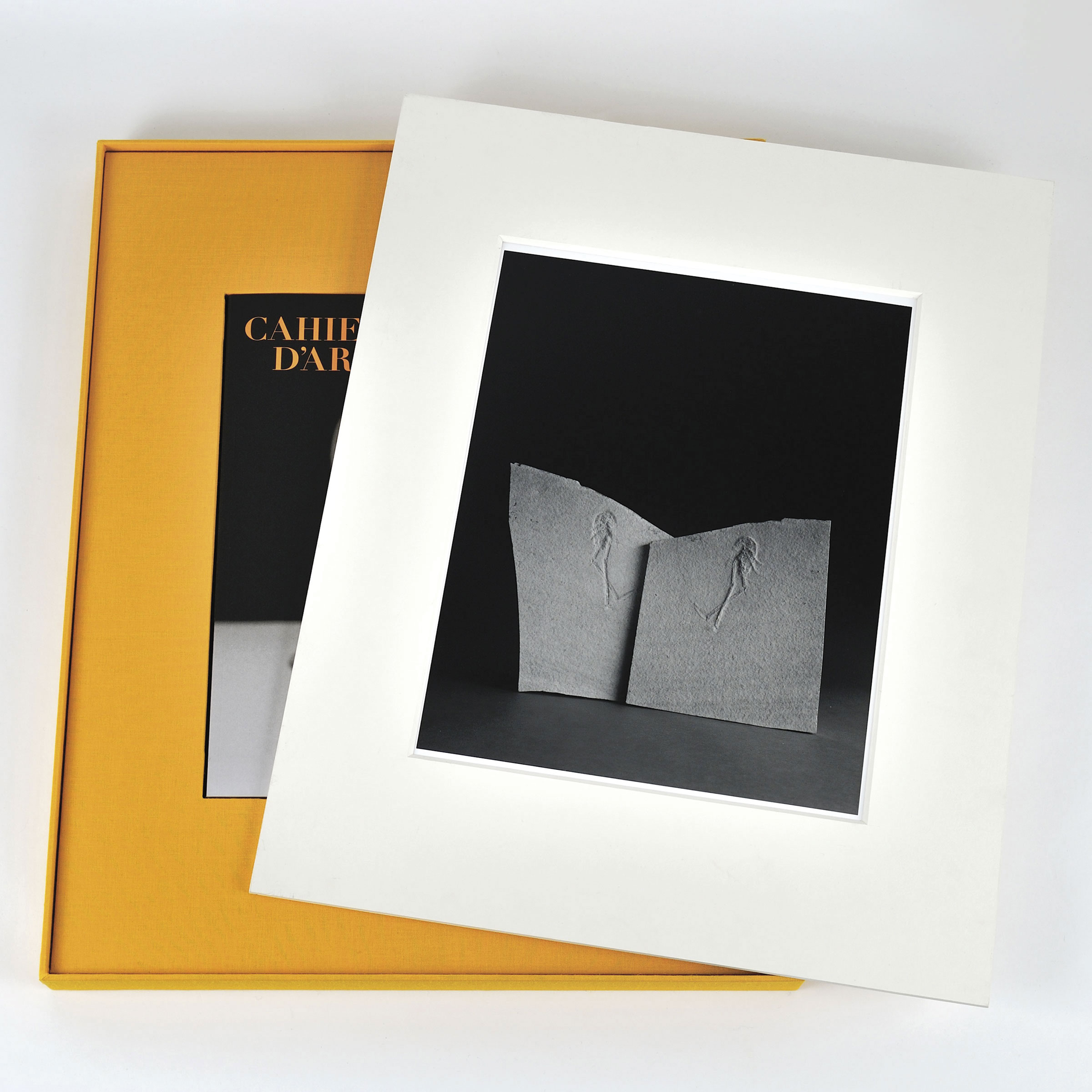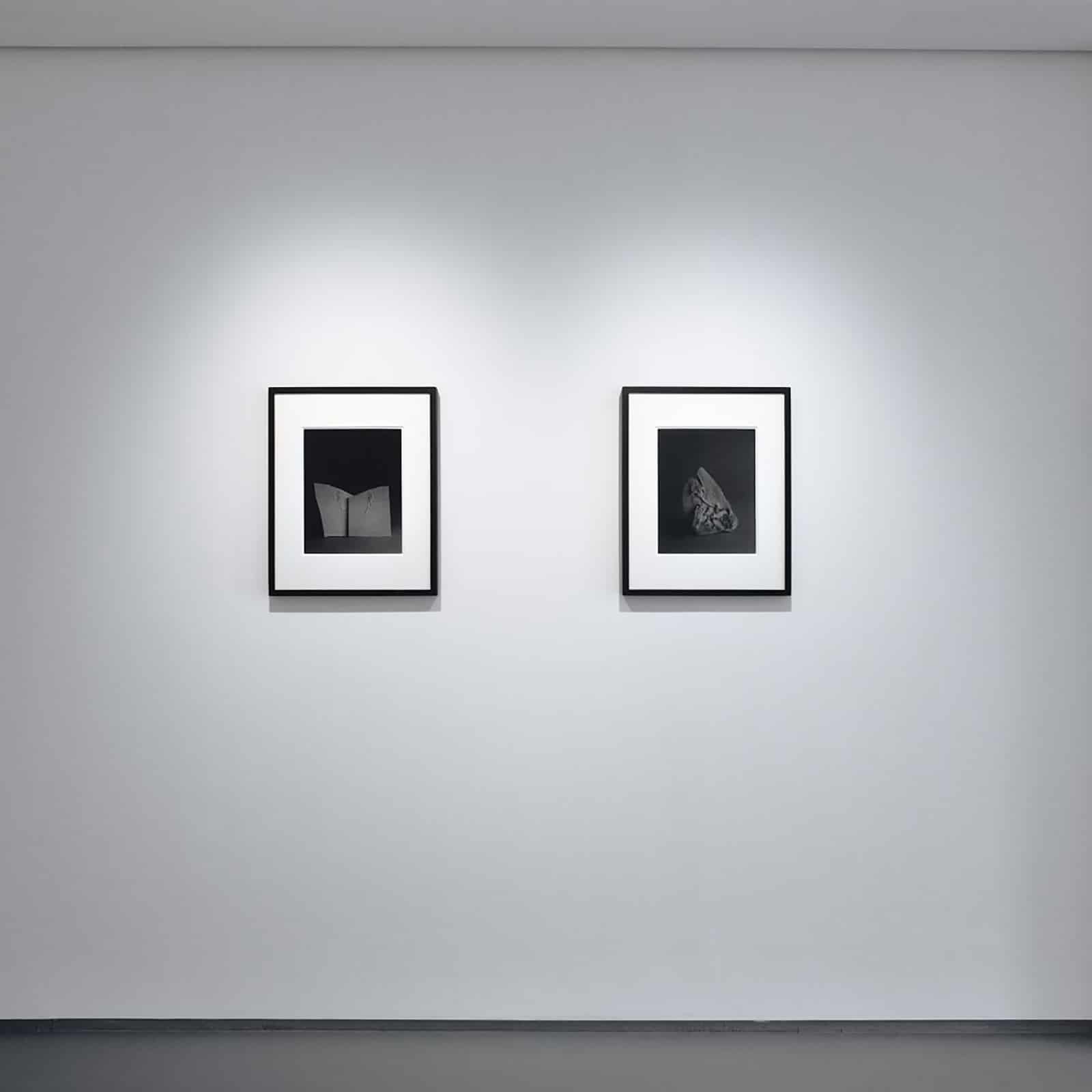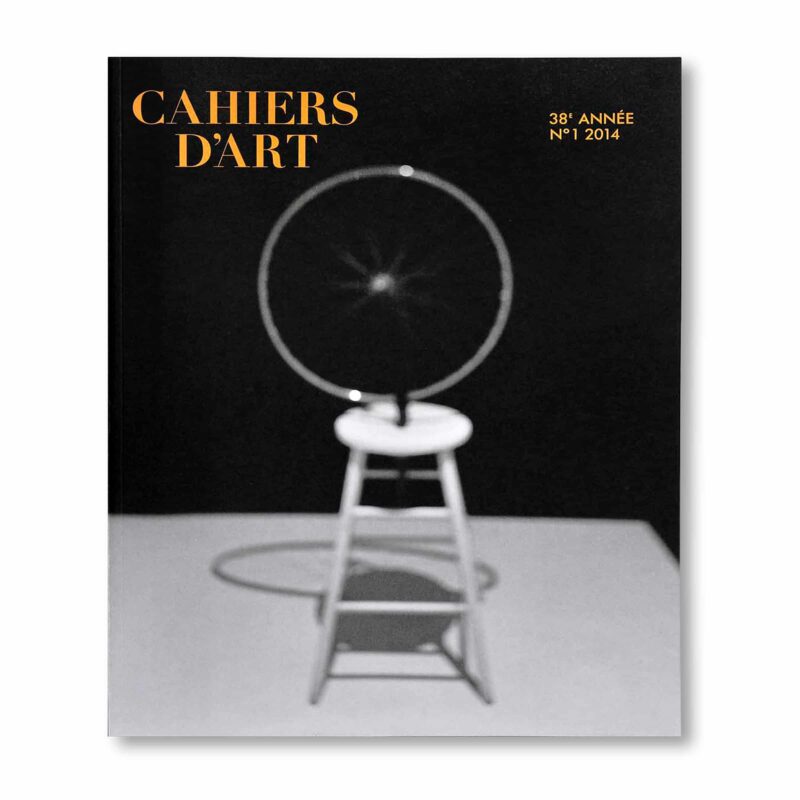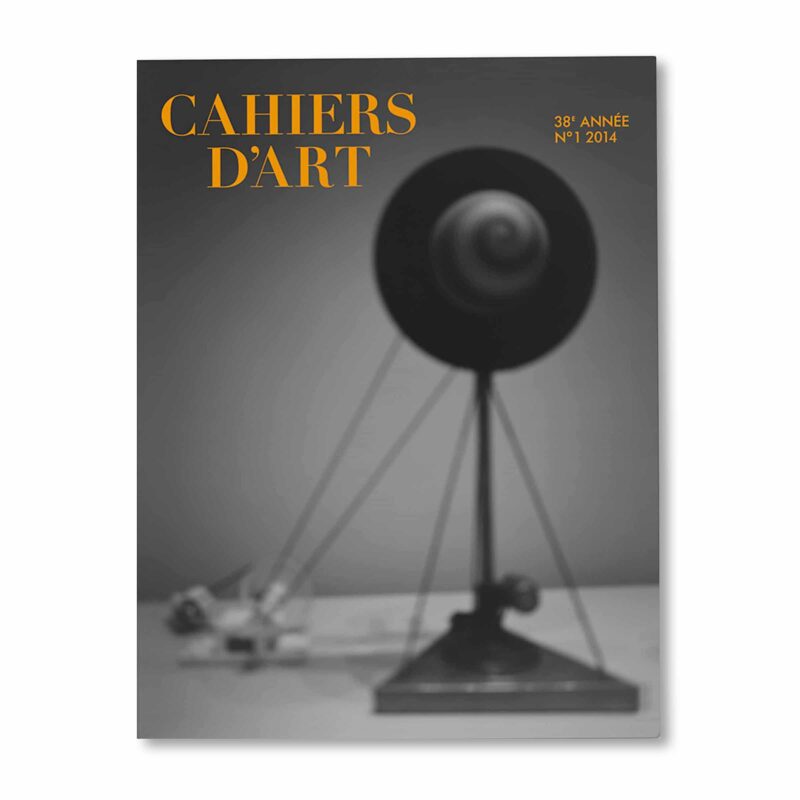Hiroshi Sugimoto
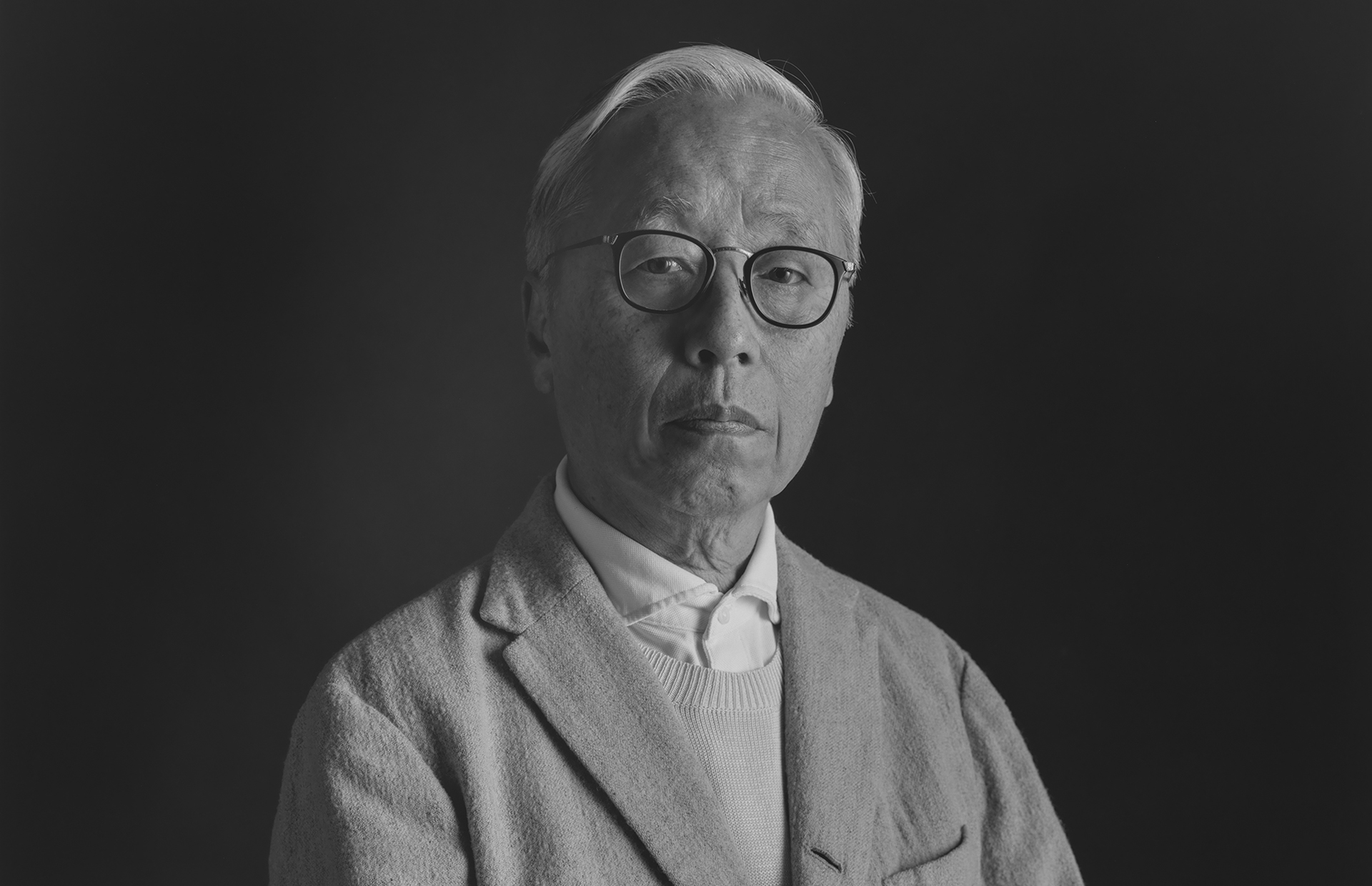
Hiroshi Sugimoto’s photographic work has achieved widespread recognition for its exploration of abstract concepts, such as time, vision and belief.
Through meticulously balanced images that encourage prolonged attention, Sugimoto’s work focuses audience consideration on the ways in which humanity makes sense of itself. Sugimoto moved to Los Angeles in 1971, receiving his BFA from the Art Center College of Design in 1972. In 1974, he moved to New York, and became involvedin the Minimal and Conceptual art scenes of the late 1970s. His best-known series, including Dioramas, Theaters, Seascapes, Portraits, Architecture, Conceptual Forms, and Lightning Fields draw heavily upon repetition, unifying disparate locations through shared compositions, and are characterized by use of long exposures, black and white film, and analog processes. In recent years, Sugimoto has begun to design architectural spaces that, like his photographs, use simplicity of form to focus attention on the mechanisms through which we understand the world.
Sugimoto has had solo exhibitions at the National Museum of Contemporary Art in Osaka (1989), the Museum of Contemporary Art in Los Angeles (1994), San Francisco Museum of Modern Art (2000), the Guggenheim Museum Bilbao and the Neue Nationalgalerie in Berlin (2008), among many other venues. He has received many honors, including the Praemium Imperiale Award for Painting, Tokyo in 2009 and Officier de L’ordre des Arts et des Lettres, in Paris in 2013. In 2017, he was honored as a Person of Cultural Merit in Tokyo. His photographs are in the collections of the Metropolitan Museum of Art, New York; Museum of Modern Art, New York; National Gallery of Art, Washington, DC; San Francisco Museum of Modern Art; Tate Gallery, London; and many others.
Portrait : self-portrait, courtesy of the artist

